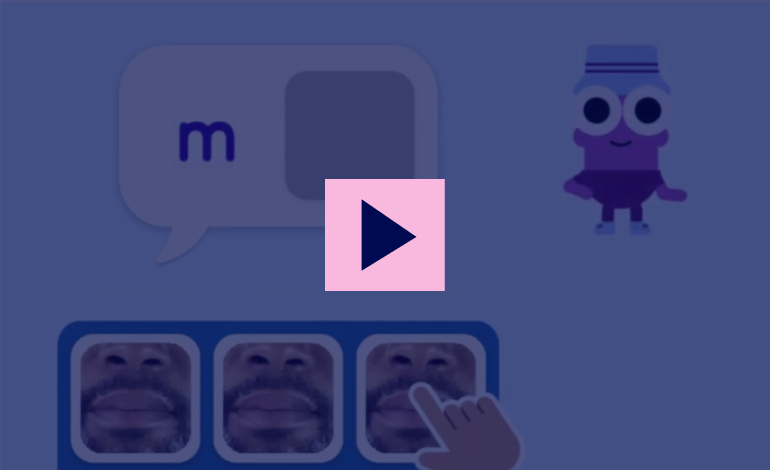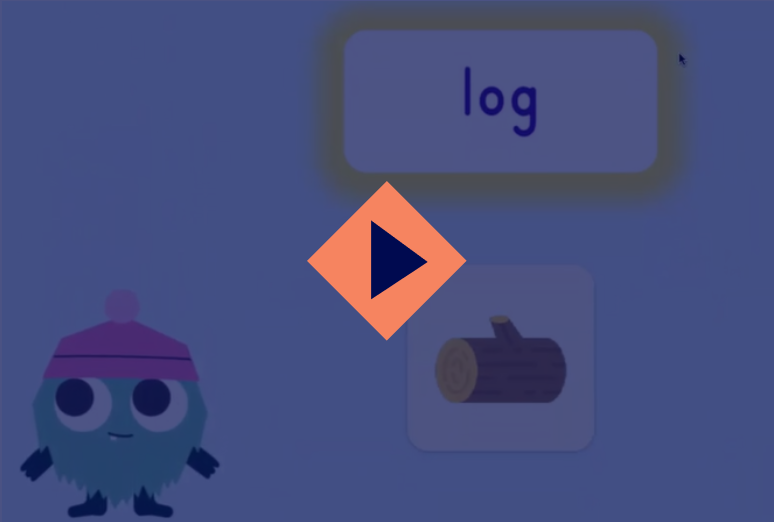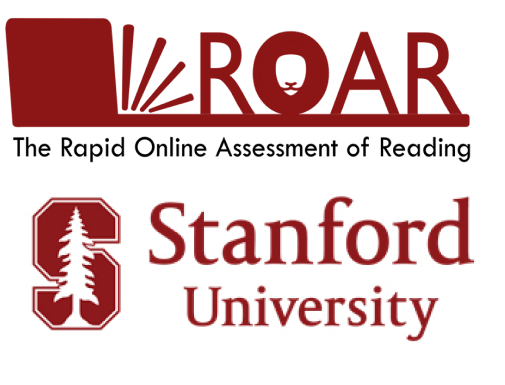

Our Solution
We develop our digital reading tools in partnership with kids and educators across the country. Our research-based solutions teach students the skills they need to become great readers who can derive deep meaning from the written word.
Magpie for Your School
Magpie Reading Foundations
Purchase our K-2 comprehensive solution and receive integrated digital assessments, instructional videos, and research-based games.
Magpie Reading Assessment
Purchase our digital assessment as a standalone tool that delivers student-guided screening co-developed with Stanford University’s Rapid Online Assessment of Reading.
Magpie Co-Design Partnership
Partner with Magpie’s product development team to co-design and pilot interventions for older students.

Research-based, Joyful Instruction
Magpie’s instructionally precise videos and games engage learners year-round to address key subcomponents of literacy. Students access Magpie’s instruction via classroom or personal tablets and can achieve outsized gains with only 60 minutes of Magpie usage a week. Our solution is self-directed and can be implemented for a full school year with only one hour of teacher onboarding.

Direct Instruction
On-screen educators teach foundational reading skills using strategies proven effective in the classroom

Isolated Practice
Students practice foundational reading skills in isolation to fully grasp the concept before moving to applied practice

Applied Practice
Students practice foundational reading skills in the context of full words and sentences in order to practice all skills at once
Want to learn more about how Magpie can support your students?
Connect with Our Team
Learners engage year round in developmentally appropriate instructional videos and educational games to address these key subcomponents of literacy:
-
Phonemic Awareness
The ability to identify and manipulate phonemes, the smallest units of sound in a language
-
Decoding/Encoding
Translating print to speech (decoding), or translating speech to print (encoding)
-
Word Chaining
Connecting a series of words that each differ by one phoneme (sound) for better understanding
-
Letter Formation
The ability to form letters of the alphabet correctly and accurately
-
Sound-Spelling Correspondences
Understanding that every letter corresponds to a specific sound or set of specific sounds
-
Vocabulary
Connecting newly decoded words to their meanings to move toward comprehension
-
Print Concepts
Knowledge of the function of print, as in reading left to right or uppercase vs. lowercase
-
High-Frequency Words
Words that most frequently occur in text, many of which are irregular
-
Meaningful Reading Experiences
Independent reading when texts are at least 80% decodable, and shared reading when learner needs support from the narrator

Magpie’s Digital Reading Assessment
We have integrated Stanford University’s Rapid Online Assessment of Reading into our platform, which can work as a screener and even a progress monitoring tool.
- Completely digital, requiring no educator administration
- Assessment results fed directly to educator dashboards
- A streamlined, accurate, and actionable experience for students and teachers
- Click here to view an on-demand webinar featuring the founders of Magpie Literacy and Stanford’s ROAR!

3-8 Co-Design Partnership
We partner with schools, tutoring organizations, and after school programs to co-design our literacy solutions.
- Partners pilot digital reading interventions for students in 3rd-8th grade
- Students receive developmentally appropriate, research-based lessons
- Partners work with our team to provide feedback on games and instruction
Want to learn more about how Magpie can support your students?
Connect with Our Team